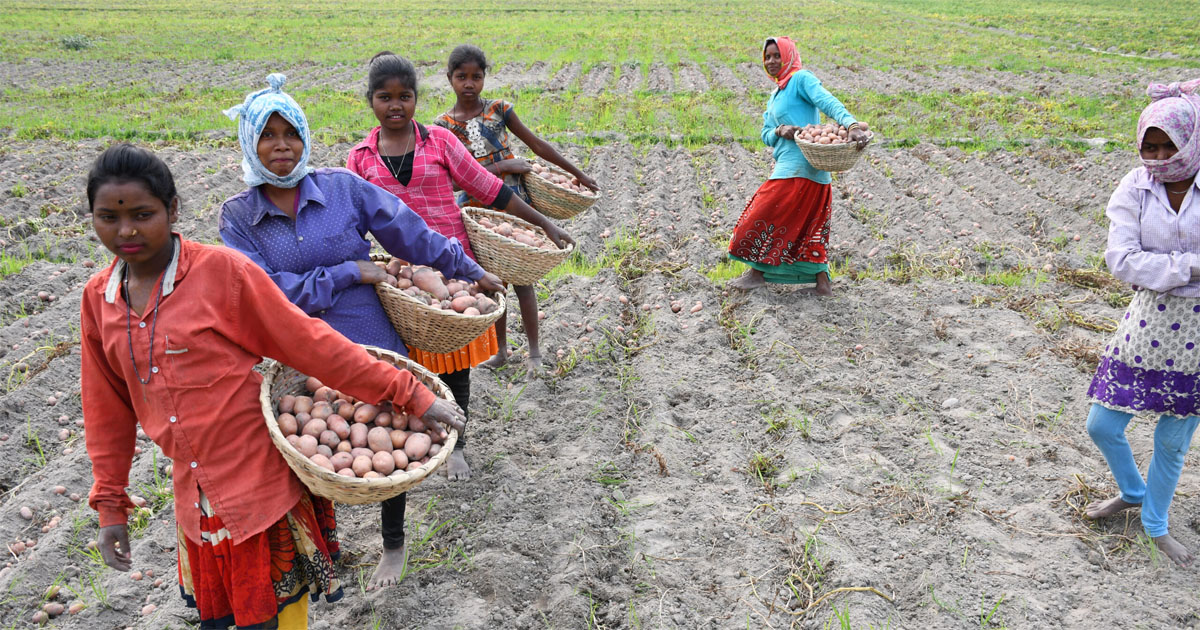Coffee plantation in south Sumatra Indonesia is developed on the slopes in hilly areas where soil erosion is a severe problem. Introduction of weed as cover plant has been found to be effective in the reduction of soil erosion. Here the effect of weed management weeding and coverage with Paspalum conjugatum Berg. or natural weeds on soil chemical properties was investigated. After 4 years contents of total C total N available P and exchangeable (ex.) Mg in the 0–10 cm and 10–20 cm depth layers were significantly greater in the Paspalum conjugatum and natural weed plots than in the weeding plot. In the 0–10 cm layer ex. K and ex. Ca were also greater in the weed-introduced plots than in the weeding plot. Decrease in soil pH (H2O) and the increase in ex. Al under coffee plantation were reduced by the coverage with weeds. Thus soil coverage with weeds in coffee plantation on slopes was effective in the maintenance of soil fertility.
DOI:
http://dx.doi.org/10.1023/B:FRES.0000025309.62716.13
Altmetric score:
Dimensions Citation Count:























